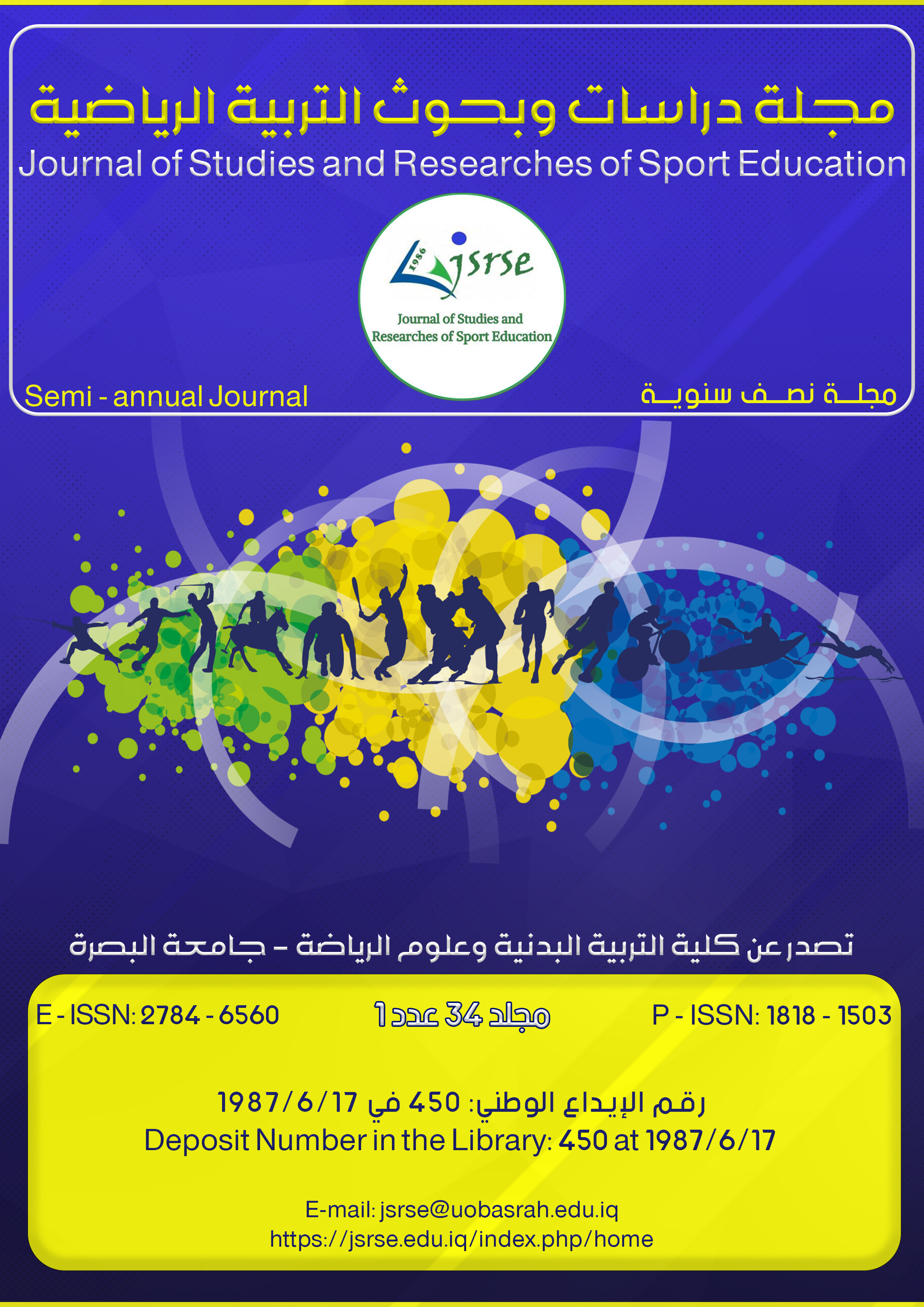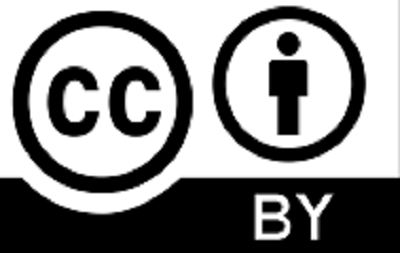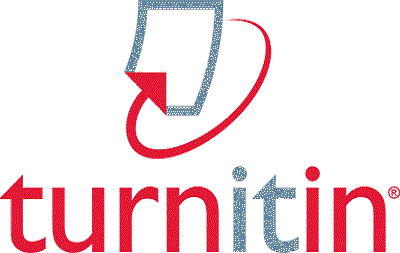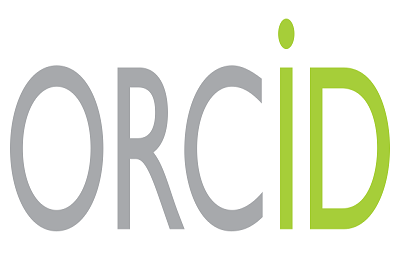الكفاءة الذاتية لمدرسي التربية الرياضية في إدارة الصف وعلاقتها بالأنماط السلوكية المنظمة لطلاب المدراس الإعدادية في محافظة بابل أثناء درس الرياضة من وجهة نظرهم
محتوى المقالة الرئيسي
الملخص
هدف البحث إلى:- إعداد مقياسين يقيس أحدهما الكفاءة الذاتية لمدرسي التربية الرياضية في محافظة بابل لإدارة صفوف الرياضة، ويقيس الآخر الأنماط السلوكية المنظمة لطلاب المرحلة الإعدادية في محافظة بابل ، وكلا المقياسين يتمّ قياسه من وجهة نظر طلاب المدارس الإعدادية في محافظة بابل.- التعرف على مستوى الكفاءة الذاتية لمدرسي التربية الرياضية في إدارة صفوفهم من وجهة نظر طلاب المدارس الإعدادية في محافظة بابل.
المنهج المستخدم في البحث هو المنهج الوصفي بأسلوبي المسح والعلاقات الارتباطية، تحدد مجتمع البحث بطلاب المدارس الإعدادية في محافظة بابل، اختار الباحث تكوّن المجتمع في هذا البحث من طلاب المدارس الإعدادية في محافظة بابل للعام الدراسي (2022-2023) فيما تكوّنت عينة البحث الرئيسة من (381) طالباً من طلاب المدارس الإعدادية في محافظة بابل والذي تمّ اختيارهم عشوائياً من مجتمع البحث، وللحصول على البيانات قام الباحث بإعداد مقياسين، الأول مقياس الكفاءة الذاتية في إدارة الصف والمكون من (14) فقرة، والثاني لقياس الأنماط السلوكية المنظمة والمكون من (13) فقرة، واستنتج الباحث:- يمتلك مدرسو التربية الرياضية في المدارس الإعدادية في محافظة بابل مستوىً منخفضاً من الكفاءة الذاتية في إدارة صفوف درس الرياضة من وجهة نظر طلابهم. - يمتلك طلاب المدارس الإعدادية في محافظة بابل مستوىً منخفضاً من الأنماط السلوكية المنظمة من وجهة نظرهم الشخصية- وأوصى الباحث: - ينبغي للجهات التعليمية المرتبطة بوزارة التربية ان توفر لمدرسي التربية الرياضية برامج تدريبية.
تفاصيل المقالة

هذا العمل مرخص بموجب Creative Commons Attribution-NonCommercial 4.0 International License.
المراجع
Adjei, E., Nyamekye, F., Britwum, F., & Donkor, I. T. (2021). Relationship between teacherandrsquo;s self-efficacy and classroom management practices in the Kwahu West Junior High School. International Journal of Humanities and Education Research, 3(2), 9–15. https://doi.org/10.33545/26649799.2021.v3.i2a.32
Aldewan, L. H. , & Muhammad, R. (2011). Measuring some General Thinking Patterns of Five-a-side Woman Players in West Asia championship. Journal of Studies and Researches of Sport Education, 29, 9–25. https://www.iasj.net/iasj/article/51787
Al-Diwan, L. H., Mithaq Ghazi, & Abdel Qader, A. (2007). Evaluating practical education for fourth-year students in the College of Physical Education University of Basra from the students’ point of view. Journal of Studies and Researches of Sport Education, 20, 5–25. https://www.iasj.net/iasj/article/53803
Bernardo, A., Esteban, M., Cervero, A., Cerezo, R., & Herrero, F. J. (2019). The Influence of Self-Regulation Behaviors on University Students’ Intentions of Persistance. Frontiers in Psychology, 10(October), 1–8. https://doi.org/10.3389/fpsyg.2019.02284
Hamed, N., & Ahmed, A. (2023). Perceived Self-Efficacy and Its Relationship to Dexterous Thinking Among Third-Stage Female Students in the College of Physical Education and Sports Sciences-University of Basra Journal of Studies and Researches of Sport Education. Journal of Studies and Researches of Sport Education, 33(1), 2023. https://doi.org/10.55998/jsrse.v33i1.376©Authors
Holzberger, D., & Prestele, E. (2021). Teacher self-efficacy and self-reported cognitive activation and classroom management: A multilevel perspective on the role of school characteristics. Learning and Instruction, 76(June), 101513. https://doi.org/10.1016/j.learninstruc.2021.101513
Kia, F. S., Teasley, S. D., Hatala, M., Karabenick, S. A., & Kay, M. (2020). How patterns of students dashboard use are related to their achievement and self-regulatory engagement. Proceedings of the Tenth International Conference on Learning Analytics & Knowledge, 340–349. https://doi.org/10.1145/3375462.3375472
Lazarides, R., Watt, H. M. G., & Richardson, P. W. (2020). Teachers’ classroom management self-efficacy, perceived classroom management and teaching contexts from beginning until mid-career. Learning and Instruction, 69(March 2019), 101346. https://doi.org/10.1016/j.learninstruc.2020.101346
Mahmoodi, M. H., Hosseiniyar, S., & Samoudi, N. (2022). EFL Teachers’ Classroom Management Orientation, Self-Efficacy, Burnout, and Students’ L2 Achievement. Profile: Issues in Teachers’ Professional Development, 24(1), 29–44. https://doi.org/10.15446/profile.v24n1.91153
Mitchell, M. (2019). Teacher Self-Efficacy and Classroom Managment Michelle. Walden University.
Mohd Talib, N. I., Abd Majid, N. A., & Sahran, S. (2023). Identification of Student Behavioral Patterns in Higher Education Using K-Means Clustering and Support Vector Machine. Applied Sciences (Switzerland), 13(5). https://doi.org/10.3390/app13053267
Musa, W. I., & Hussein, M. A.-W. (2019). The perceived level of academic self-efficacy among supervisors and supervisors Physical education specialization in Iraq. Journal of Studies and Researches of Sport Education, 29(4), 119–140. https://jsrse.edu.iq/index.php/home/article/view/215
Sabourin, J., Mott, B., & Lester, J. (2013). Discovering behavior patterns of self-regulated learners in an inquiry-based learning environment. Lecture Notes in Computer Science (Including Subseries Lecture Notes in Artificial Intelligence and Lecture Notes in Bioinformatics), 7926 LNAI(October 2014), 209–218. https://doi.org/10.1007/978-3-642-39112-5_22
Slater, E. V., & Main, S. (2020). A measure of classroom management: validation of a pre-service teacher self-efficacy scale. Journal of Education for Teaching, 46(5), 616–630. https://doi.org/10.1080/02607476.2020.1770579
Van Halem, N., Van Klaveren, C., Drachsler, H., Schmitz, M., & Cornelisz, I. (2020). Tracking patterns in self-regulated learning using students’ self- reports and online trace data. Frontline Learning Research, 8(3), 140–163. https://doi.org/10.14786/flr.v8i3.497
Ye, Z., Jiang, L., Li, Y., Wang, Z., Zhang, G., & Chen, H. (2022). Analysis of Differences in Self-Regulated Learning Behavior Patterns of Online Learners. Electronics (Switzerland), 11(23), 1–14. https://doi.org/10.3390/electronics11234013
Zheng, L., & Yu, J. (2016). Exploring the behavioral patterns of Co-regulation in mobile computer-supported collaborative learning. Smart Learning Environments, 3(1). https://doi.org/10.1186/s40561-016-0024-4
Zheng, L., Zhong, L., & Niu, J. (2022). Effects of personalised feedback approach on knowledge building, emotions, co-regulated behavioural patterns and cognitive load in online collaborative learning. Assessment and Evaluation in Higher Education, 47(1), 109–125. https://doi.org/10.1080/02602938.2021.1883549





 IASJ
IASJ CC-BY-4.0
CC-BY-4.0 turnitin
turnitin ISSN
ISSN DOAJ
DOAJ Crossref
Crossref GoogleScholar
GoogleScholar Orcid
Orcid